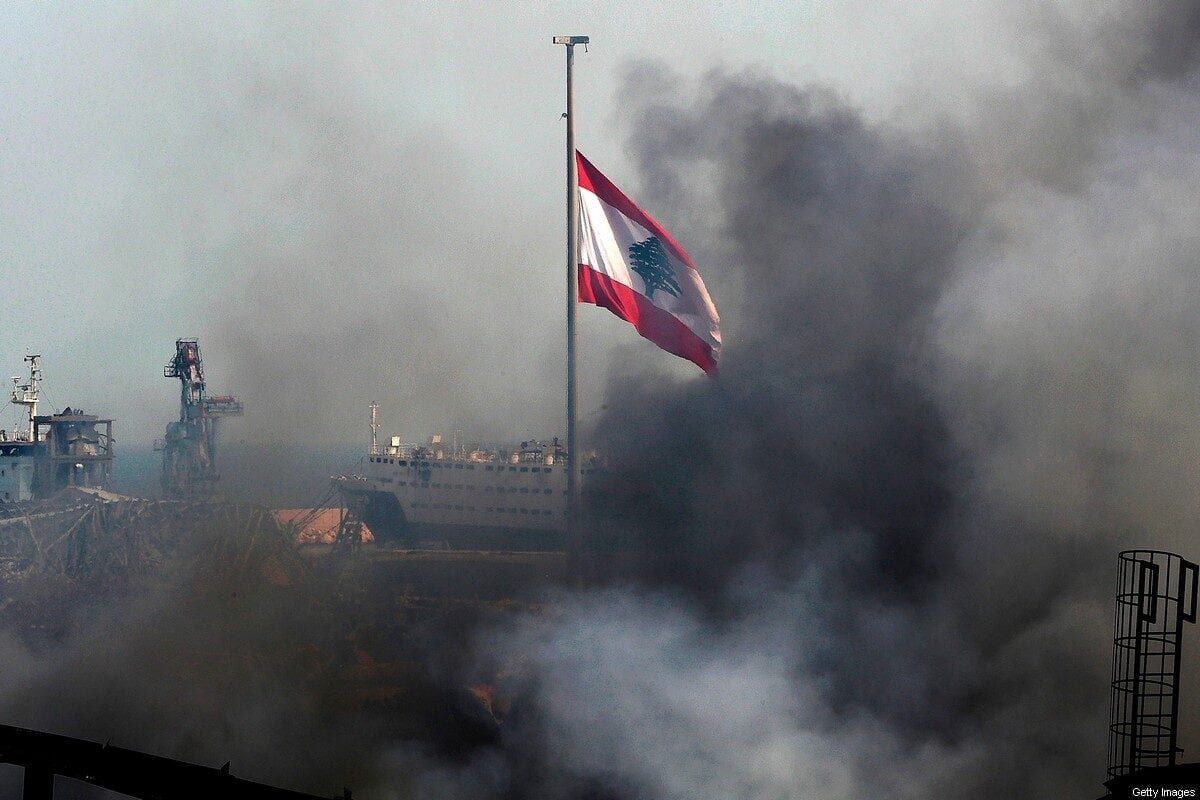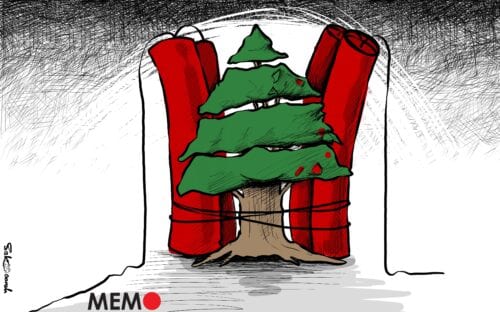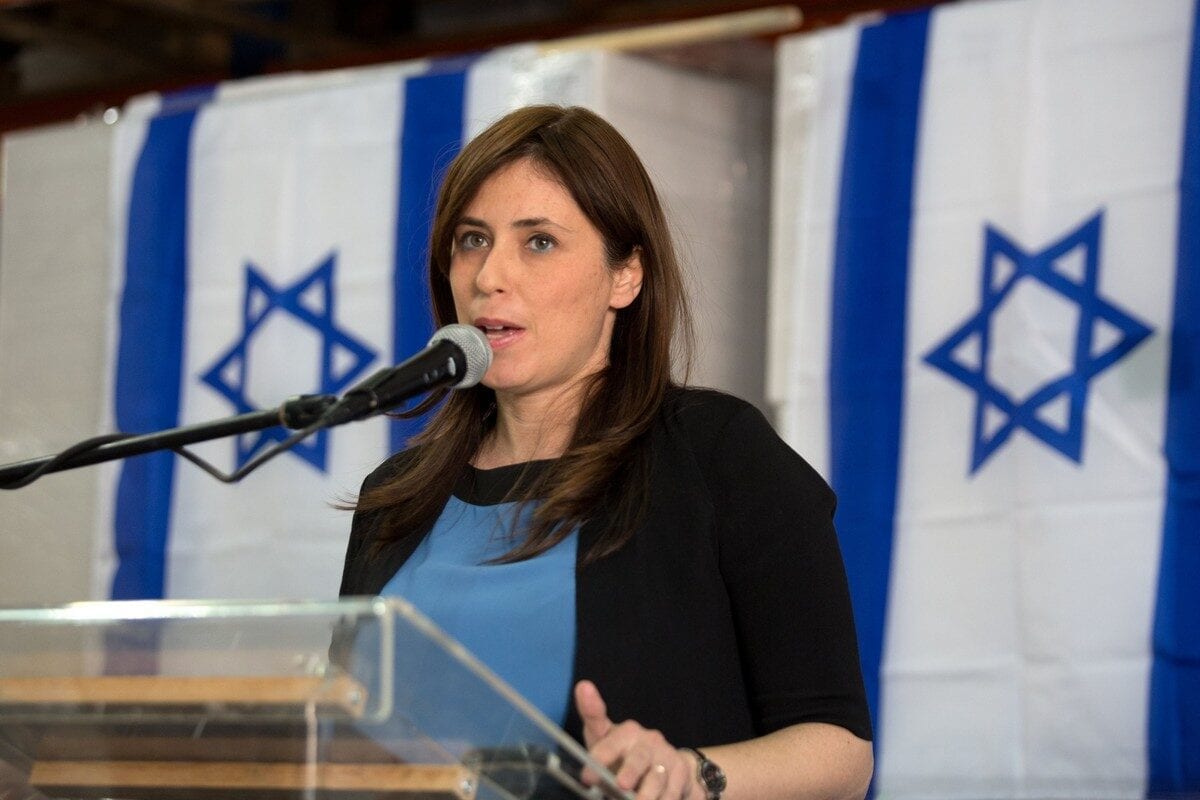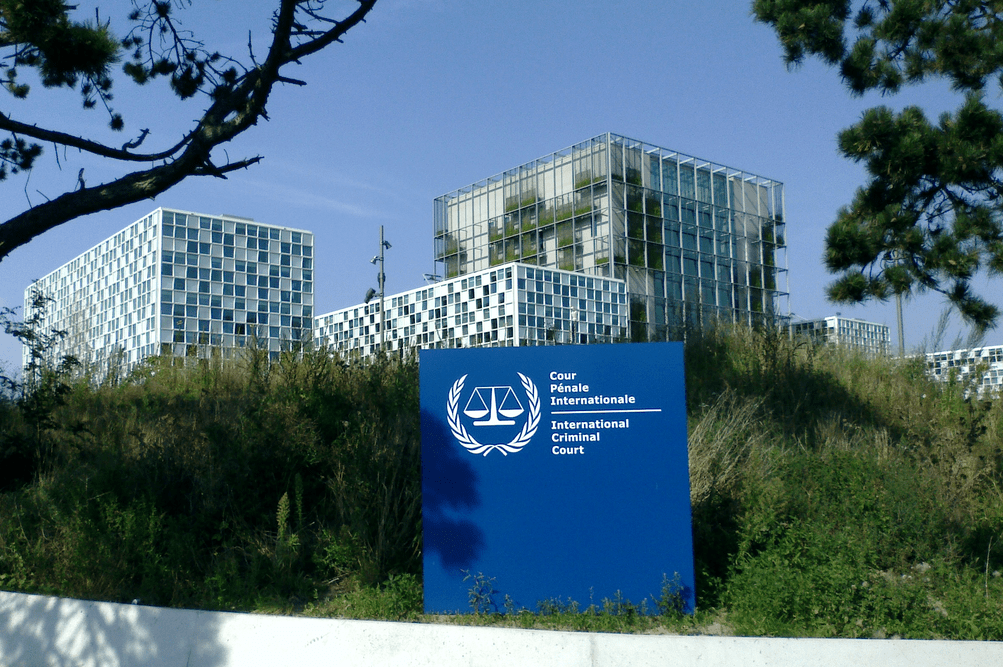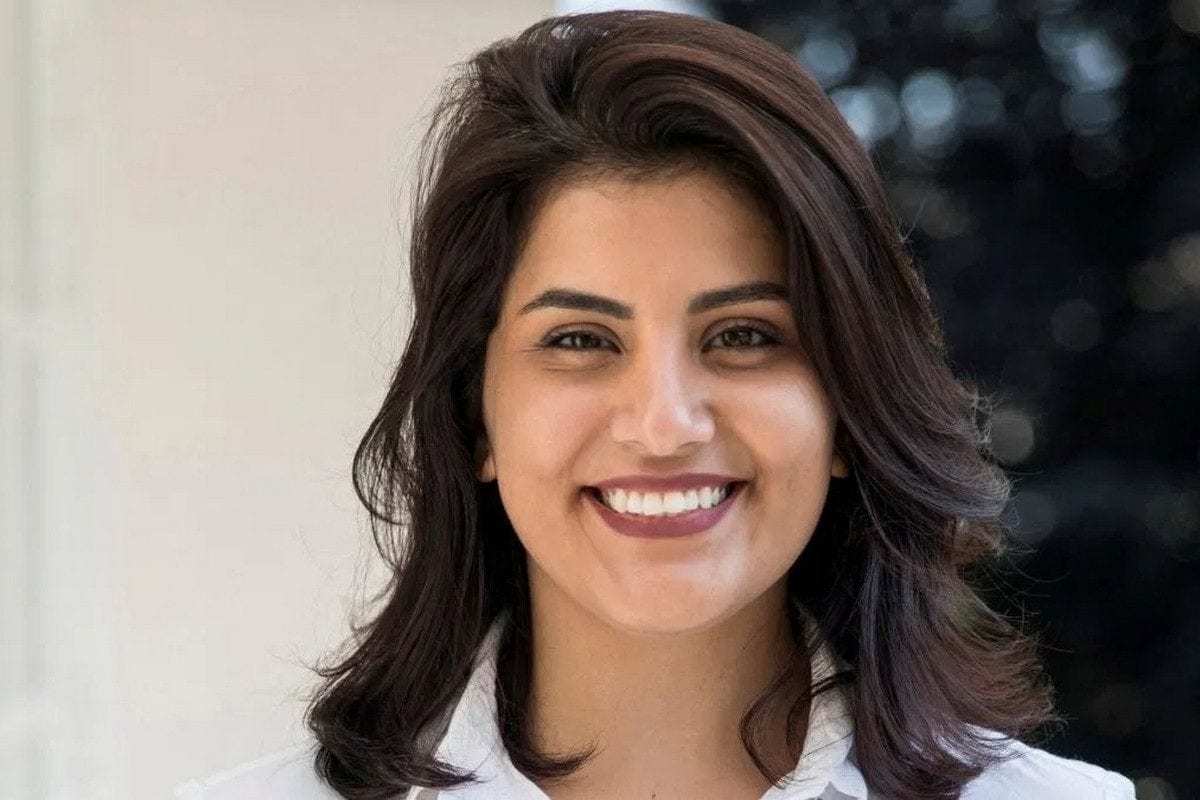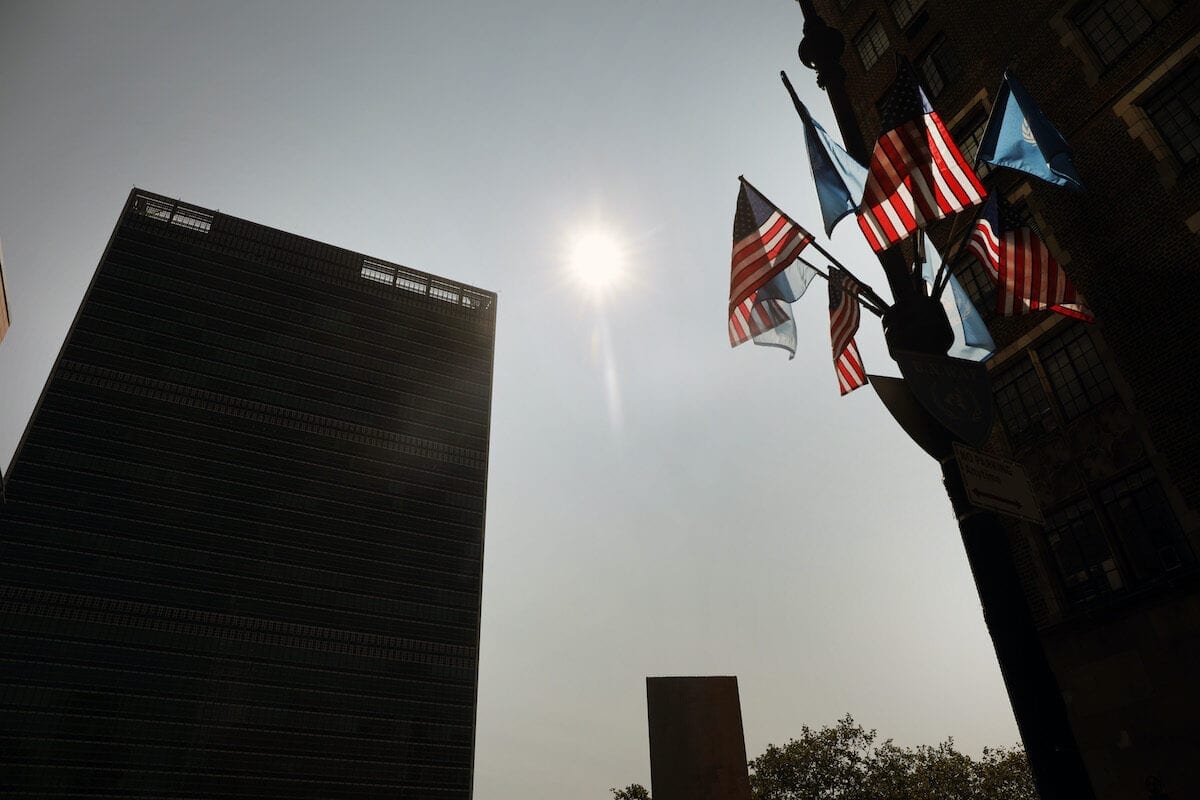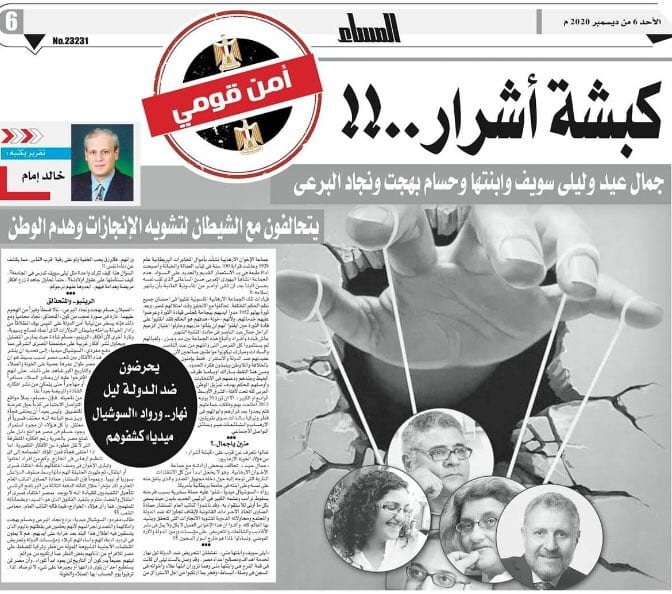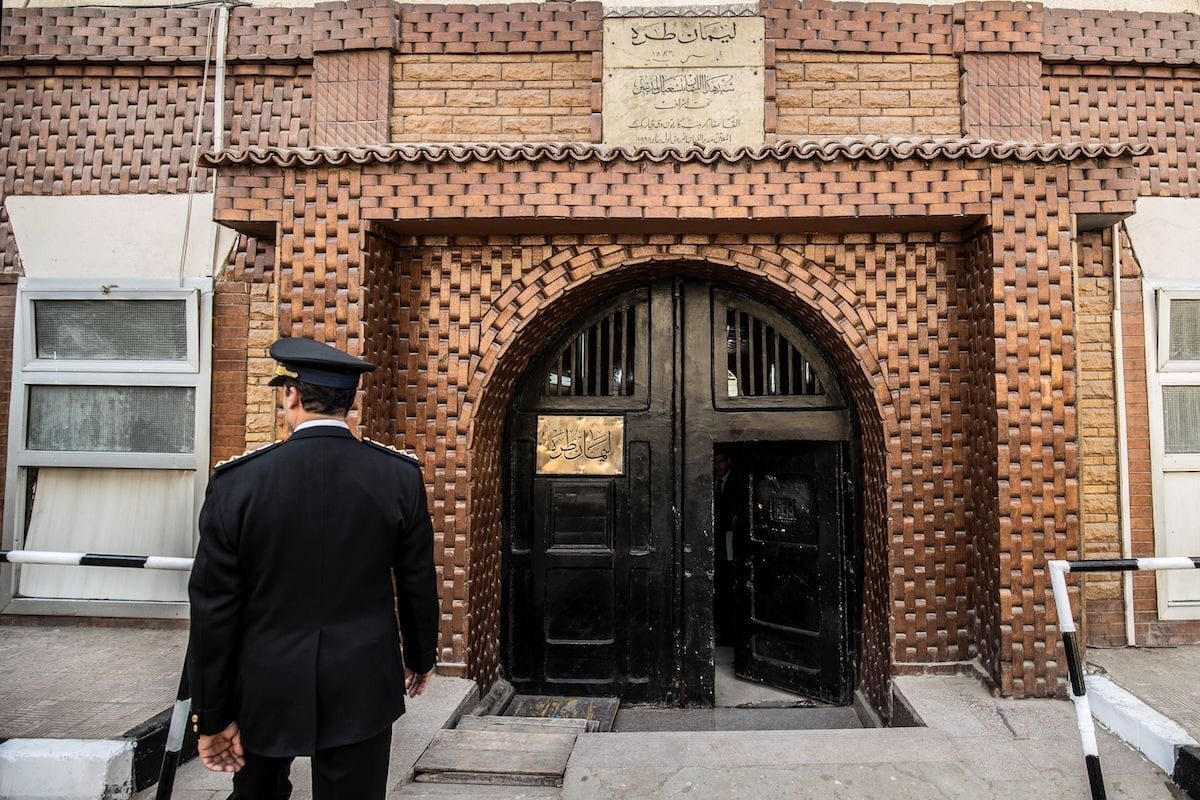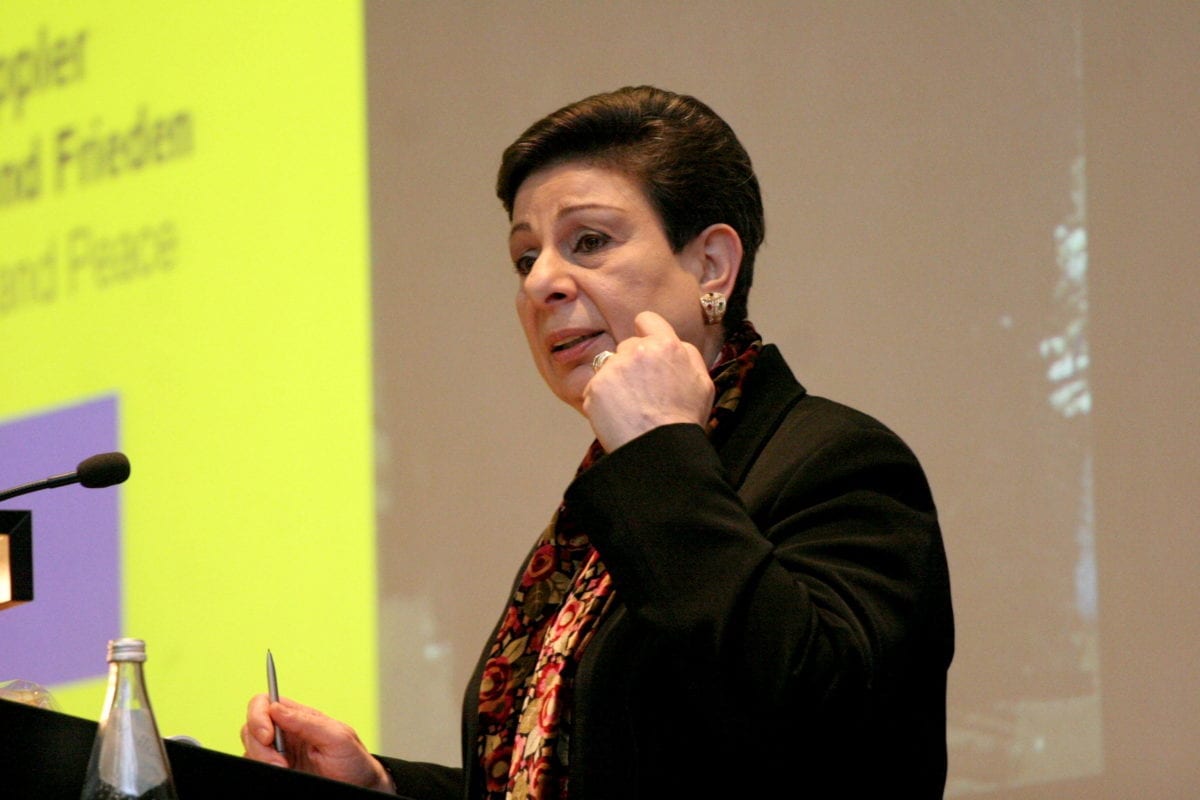
Member of PLO’s Executive Committee Hanan Ashrawi, 28 December 2018 [Wikipedia]
December 8, 2020
Dr Hanan Ashrawi, a senior member of the Palestine Liberation Organisation's (PLO) Executive Committee, has reportedly resigned.
She submitted her resignation to Palestinian Authority (PA) President Mahmoud Abbas sometime in "the past few days", reports in Al-Araby Al-Jadeed and Al-Quds Al-Arabi reveal. Abbas has yet to respond.
According to Al-Araby Al-Jadeed, her resignation is due to the PA resuming security coordination and other diplomatic relations with Israel after suspending the policy in May in protest of Tel Aviv's plans to annex some 30 per cent of the occupied West Bank including the Jordan Valley.
The sources, who spoke on condition of anonymity, told Al-Araby Al-Jadeed that Ashrawi "was angry with how the issue was handled."
Severing security and civil coordination with Israel earlier this year, Palestine said plans to annex parts of the occupied West Bank would make a two-state solution impossible.
However, it resumed coordination activities with Israel last month, after it said the United States had assured it that Israel would respect existing agreements with the Palestinians.
READ: Abbas facilitates Israel's 'no preconditions' condition for negotiations
Appointed to the PLO's executive committee in 2007, 74-year-old Ashrawi is the PA's highest-ranking female politician.
In 1994, she founded the Palestinian Independent Commission for Human Rights.
She has recently contracted coronavirus, but this is not believed to be linked to her resignation.
The sources added: "There are those who will promote that Ashrawi is no longer able to fulfill her duties because of her age and infection from two months ago, but this is not true."
Ashrawi is still yet to make an official statement on the matter
